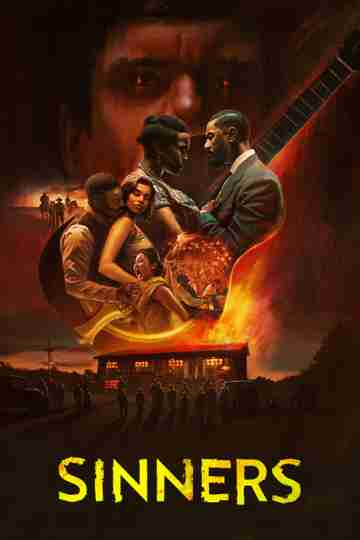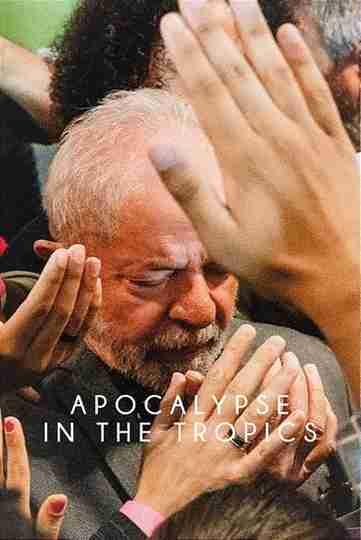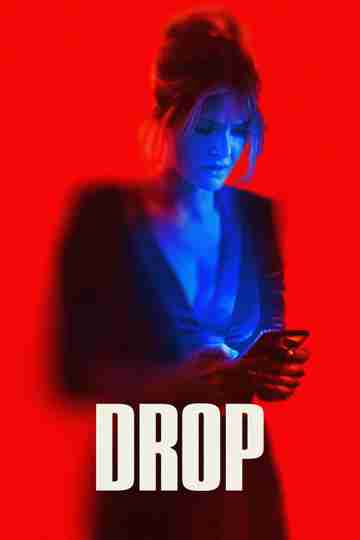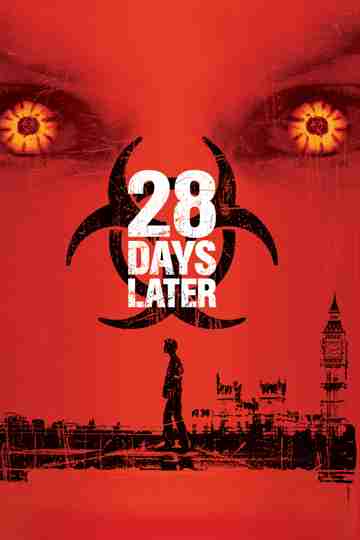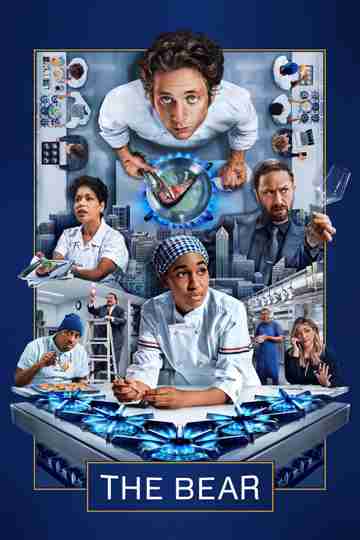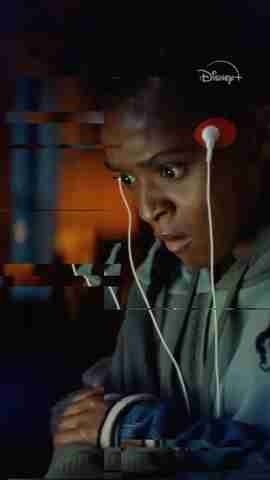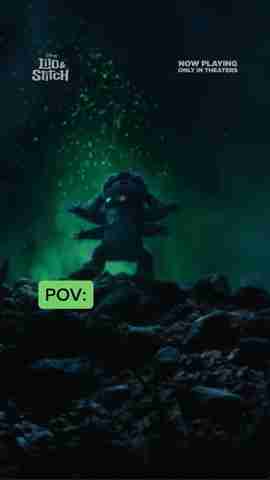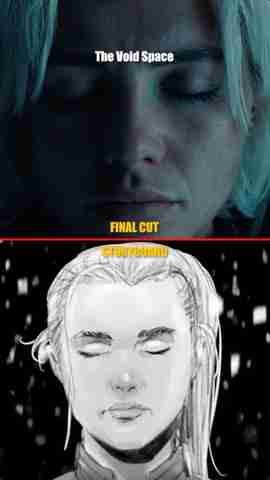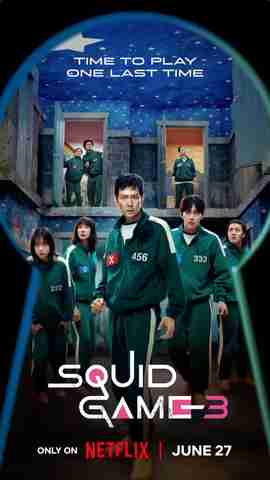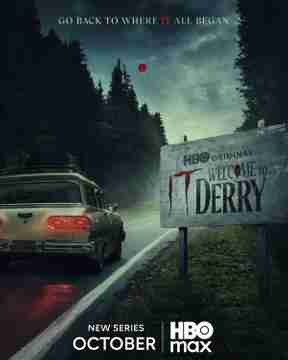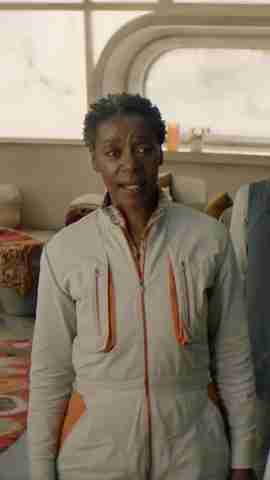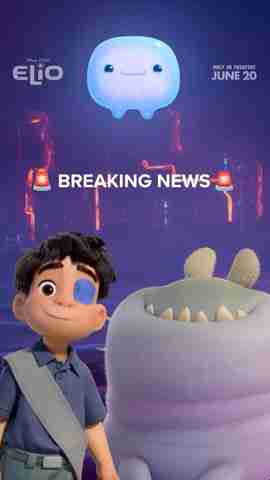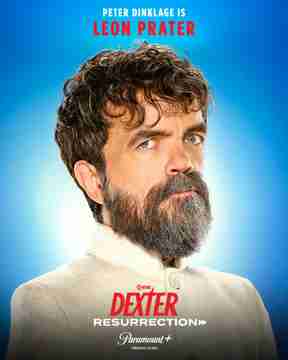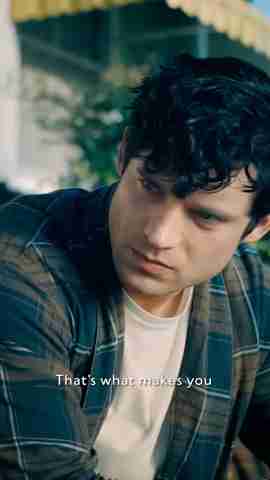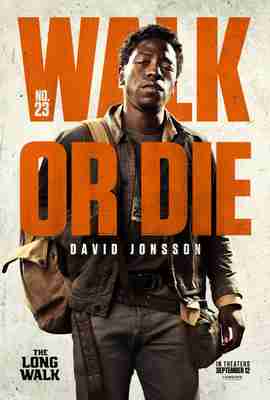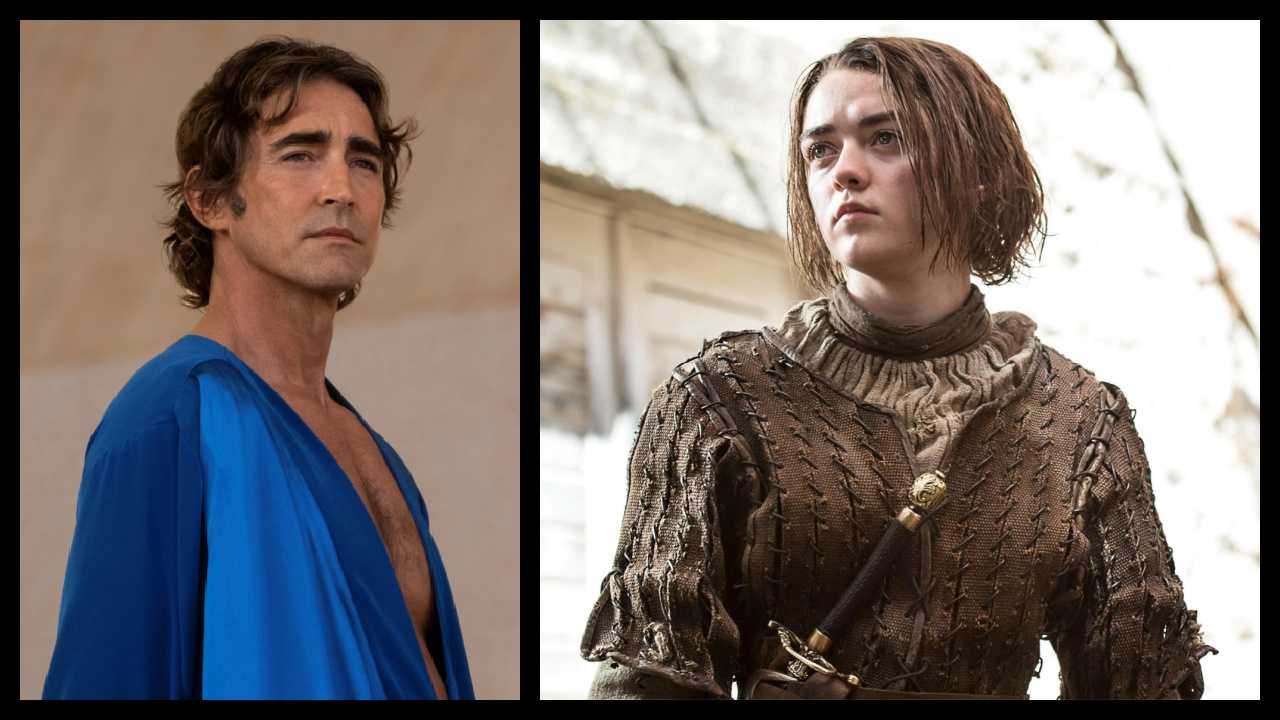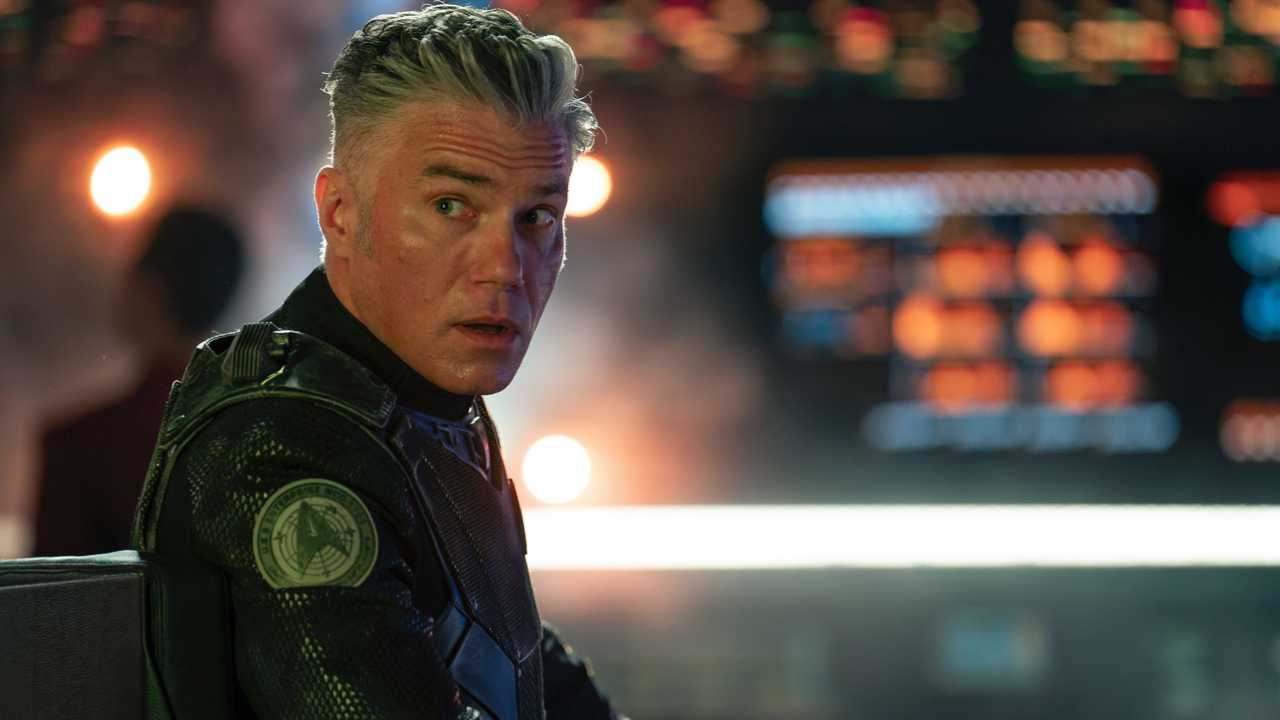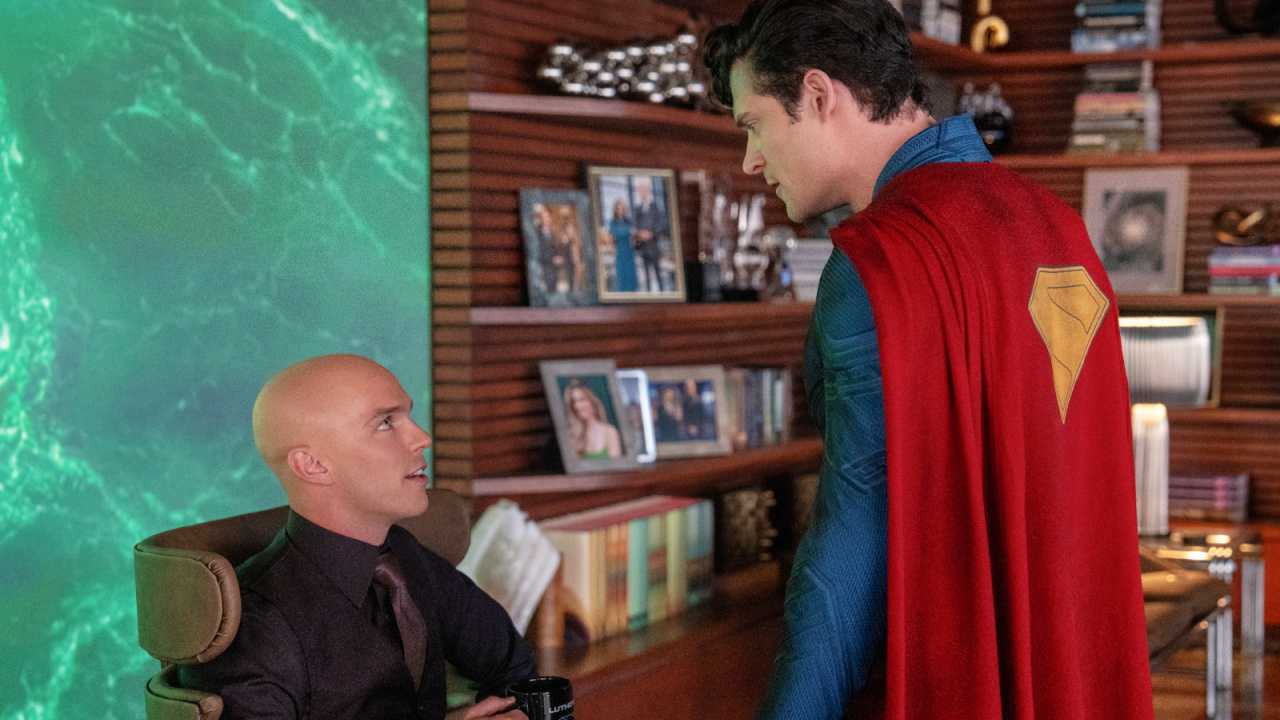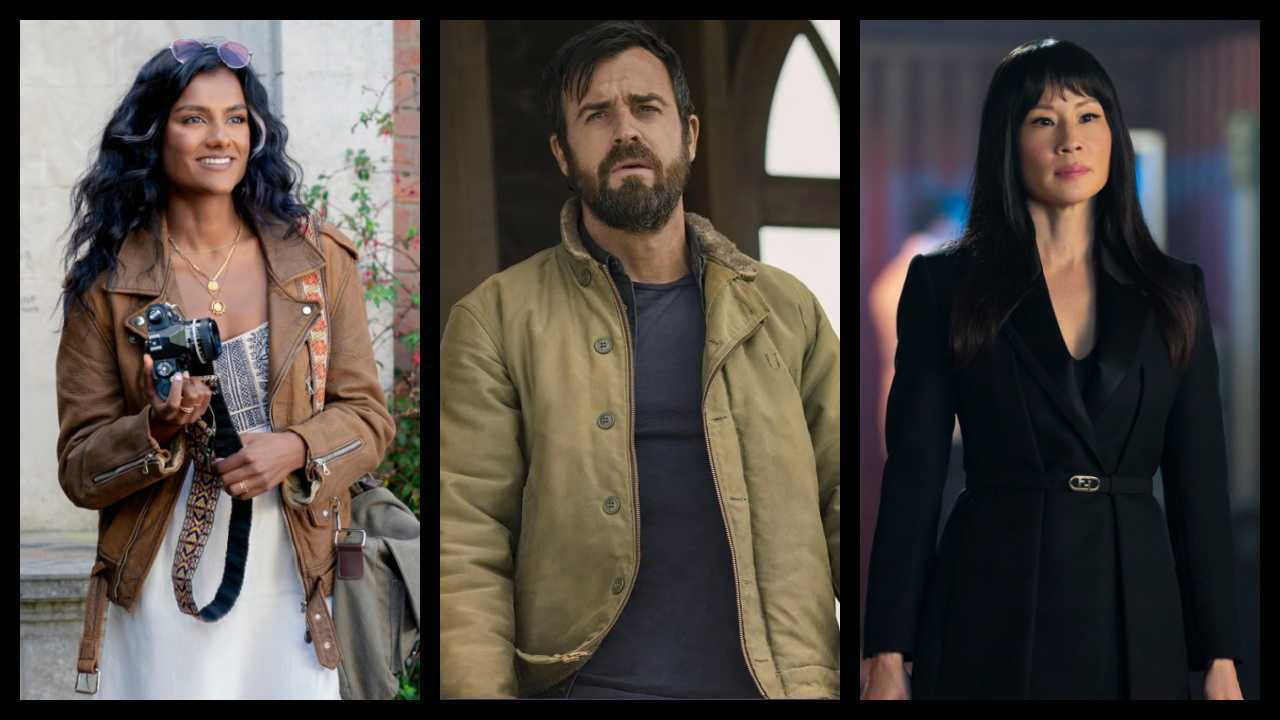9 Essential Takashi Miike Films Everyone Has to See
Since his debut in 1991, Japanese filmmaker Takashi Miike has directed more than 100 theatrical, video and television productions. The sheer volume of material demands a certain amount of diversity in terms of subject matter, but few artists have traversed so many different genres as Miike, whose work includes period dramas, crime films, horror, family friendly material, and much more. Even if he’s not well-known commercially in the United States, he’s one of the world’s most well-renowned filmmakers, as much because of his versatility as his prolificness. To celebrate Miike’s 59th birthday on August 24, Moviefone wanted to offer a brief primer on his work - some of his notable projects, that run the gamut from delightful to deeply disturbing - in case you’re curious where to start watching.
'Audition' (1999)
Miike had been working for eight years when he released the first film that would become for him a worldwide calling card. This adaptation of the 1997 novel by Ryu Murakami follows a widower who stages phony auditions to find a new wife, only to fall for a young woman with a mysterious background and past traumas that erupt into shocking violence. This tremendously controversial film won festival awards and critical condemnation, but demanded that the world pay attention to his work.
'Visitor Q' (2001)
Two years later, Miike directed the sixth and final part of the straight-to-video Love Cinema series, a low budget sex comedy shot on the then-newer digital video format that he utilized to create a fascinating juxtaposition between documentary-style filmmaking and wild and bizarre story elements. Featuring prostitution, incest, sexual assault and necrophilia, this film is definitely not for everyone, but it showcases his wild and unpredictable approach to subject matter and storytelling.
'Ichi the Killer' (2001)
In the same year, Miike directed this adaptation of Hideo Yamamoto’s manga series of the same name, about a sadistic and twisted young man who hunts down members of rival yakuza gangs while being pursued by a brutal, masochistic mob enforcer. He’d already tackled lots of yakuza films by this point in his career, but Miike once again broke out of the Japanese market thanks to his acclaimed source material and the often shocking portrayals of violence he translated to the screen.
'The Happiness of the Katakuris' (2001)
This third film (of a total of eight) Miike made in 2001 takes his work in yet another direction with a musical comedy horror story about a family of failures who buy a run-down house atop Mount Fuji with the hopes of turning it into a bed and breakfast, only to meet with one hilariously tragic loss after another. The film’s surreal approach includes dream sequences, sing-along scenes and stop-motion animation.
'One Missed Call' (2003)
This film was just one of those that catalyzed the explosion of popularity in Japanese horror and led to the mass migration of those films being remade or reinvented for Western audiences. The story of a young woman who receives a call from herself from three days in the future, Miike adapts Yasushi Akimoto’s novel of the same name, exploring urban legends while generating a lot of really unique suspense.
'Sukiyaki Western Django' (2007)
Miike achieved a new level of cult success with the release of this wild, anachronistic western that reinvented the spirit of the Japanese samurai-influenced spaghetti westerns in an actual Japanese setting. The story of a nameless man who helps a prostitute take revenge on warring gangs of outlaws, the film combines a wild variety of influences and techniques into an exhilarating, action-packed epic.
'Thirteen Assassins' (2010)
Miike once again garnered exceptional reviews across the globe for this period epic about a group of warriors who team up during the era of feudal Japan to kill the brutal leader of an evil clan before he can be installed into power. Miike has always been a skilled technician, but this film’s polish evoked the work of Chinese contemporaries like Zhang Yimou, as well as Japanese forebears like Akira Kurosawa.
'Hara-Kiri: Death of a Samurai' (2011)
Miike was nominated for Cannes’ Palme D’Or for this 3D remake of Masakai Kobayashi’s 1962 film “Harakiri,” the story of a masterless samurai who declares his intention to commit suicide in hopes of restoring his honor. Ryuichi Sakamoto, who helped compose the music for Bernardo Bertolucci’s “The Last Emperor,” provided the score.
'Blade of the Immortal' (2017)
After dozens upon dozens of films exploring similar subject matter, Miike continues to inject stories of samurais, violence and honor with a beautiful, brutal, unique resonance. In this adaptation of the manga by Hiroaki Samura, Miike tells the story of a highly skilled samurai who unexpectedly becomes immortal after a deadly battle. He subsequently recognizes that battling evil forces is the only way to regain his mortality.

